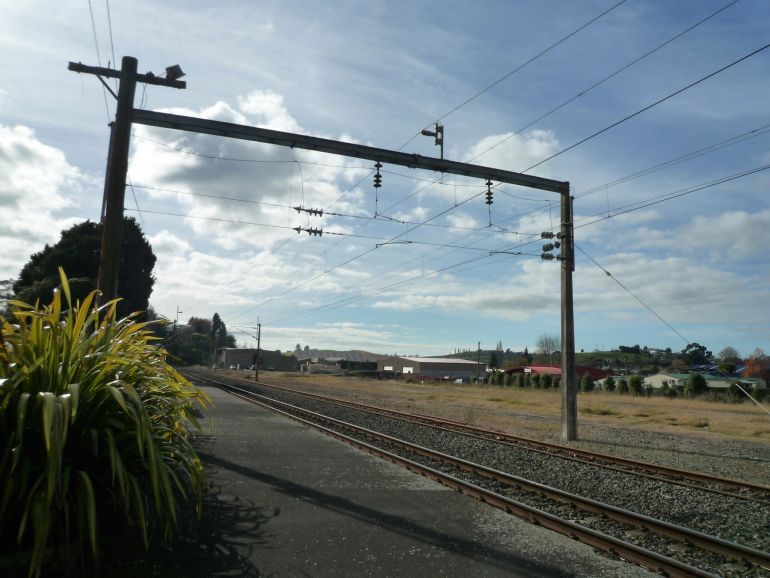A new joint venture partnership will be formed between PKP Cargo and Chinese International Zhengzhou Hub within three months. The contract envisages intensification of the amount of trains from China to Europe and establishment of a new modern logistic center in Małaszewicze on the Polish-Belarussian border. At present, we are servicing 2-3 trains per week, however, I believe that we will have one connection per day in the following year. It is the first gate to Europe for Chinese partners and a great occasion for our producers because it is a unique connection which has been missed so far. It is worth mentioning that carriage by sea takes from 30 to 40 days whereas carriage by train takes only 11 days – points out Adam Purwin, Chairman in PKP Cargo.
The most important element of the established cooperation for PKP will be a development of so called dry port – a handling terminal in Małaszewicze situated on the Polish-Belarussian border. It is where freightage from and to China will be transshipped. If this strategy is to be realized, Małaszewicze will become one of the most important terminals which services trade between Europe and China. A transshipment is necessary due to a different gauge of tracks in Russia and countries of the former ZSRR in comparison to Poland.
On the part of China, a train connection will service mainly the Henan province where over 100 million people are living now. Furthermore, there are 400 million inhabitants within 1.5-hour radius of travelling by a fast train (a Chinese network of fast rail is the largest in the world). Zhengzhou, which is a capital of the Henan province, is a very important city. It is a crucial initiative which will allow better expansion on foreign markets. Moreover, it will enable the interested sides to have two markets and use resources of both of them. All countries and all regions, including Poland, which are participating in realization of this strategy, will also have easier entry to the Chinese market. It will be a platform enabling their presence on the Chinese market – believes Guo Gengmao, Chairman in the Party Committee of the Henan province.
The agreement concerning establishment of a joint venture partnership between a Chinese entity and PKP Cargo constitutes a realization of the Chinese „One Belt, One Road” strategy which is also called New Silk Route. According to it, two new goods connections between China and Europe will be developed: land-based (rail) and seaborne. The connection from China has to be signed into the trans-European transport networks. We connect transport passages of Europe with the market in China. Małaszewicze is a crucial point on the Chinese New Silk Route. We will be a part of this major project. The letter of intent, which has been already signed, is the first and very concrete step – convinces Purwin.
Guo Gengmao adds that not only the Henan province and Poland but also all countries situated on the route will benefit from this connection. The signage of contracts with PKP Cargo is evidence that China cares about practical realization of the project. The great assets of Poland and the Henan province are well-developed rail networks which enable realization of handling centers in Małaszewicze and Zhengzhou. Moreover, it is very important that we may conduct consolidation of shipments in Zhengzhou – a capital of Henan – and then send them further thanks to this hub. I am convinced that implementation of this strategy will have a positive influence on development of logistics and it will be a reason for creation of new workplaces and stir the economy – says Guo.
At present, only 3.5 per cent of commodities sent between China and Europe are transported by road in spite of the fact that it is cheaper and faster than sea route. PKP Cargo believes that thanks to joint venture with Chinese, the statistics will be enhanced. The PKP Cargo Group is responsible for logistic service of the European section of the connection with China (Poland-Germany). One train carries 40-foot 41 containers. PKP Cargo is currently collaborating three trains in import and one in export. The partnership uses new 80-foot wagons for inter-modal transit in the transport of containers.
